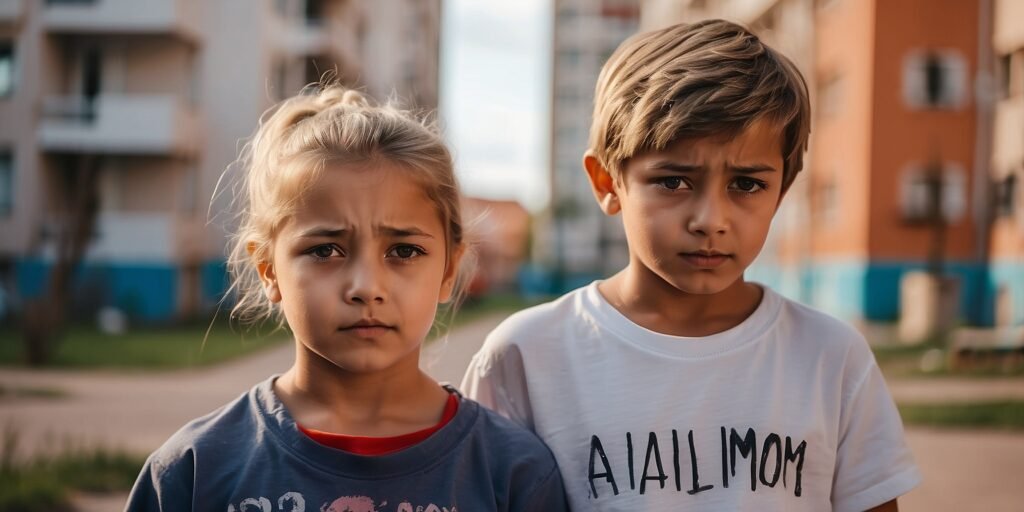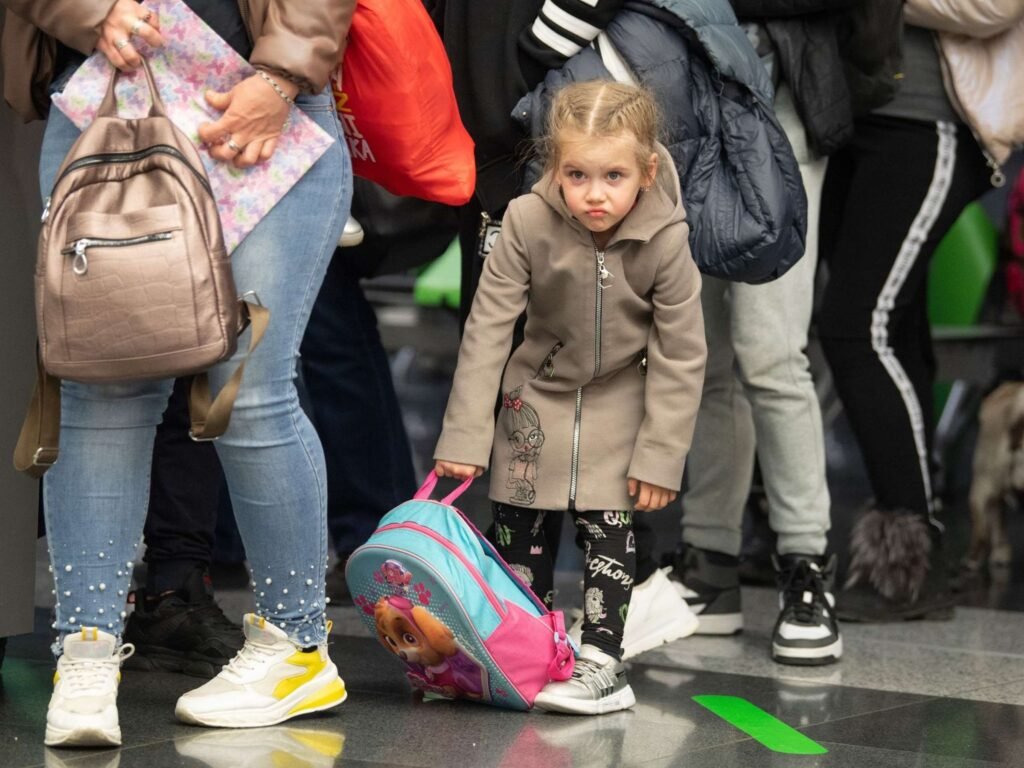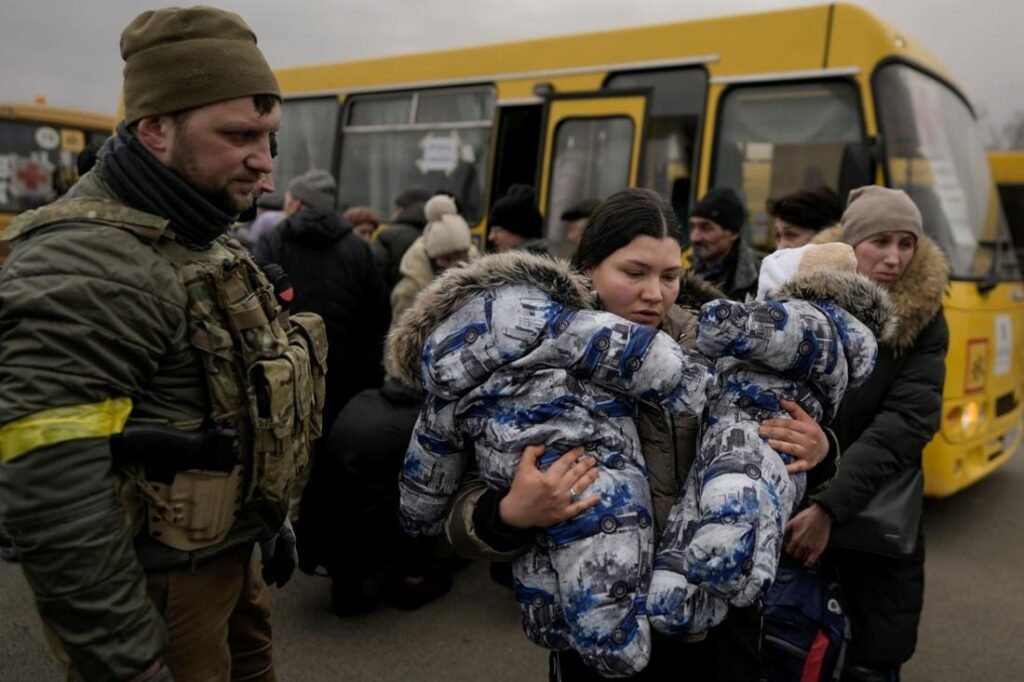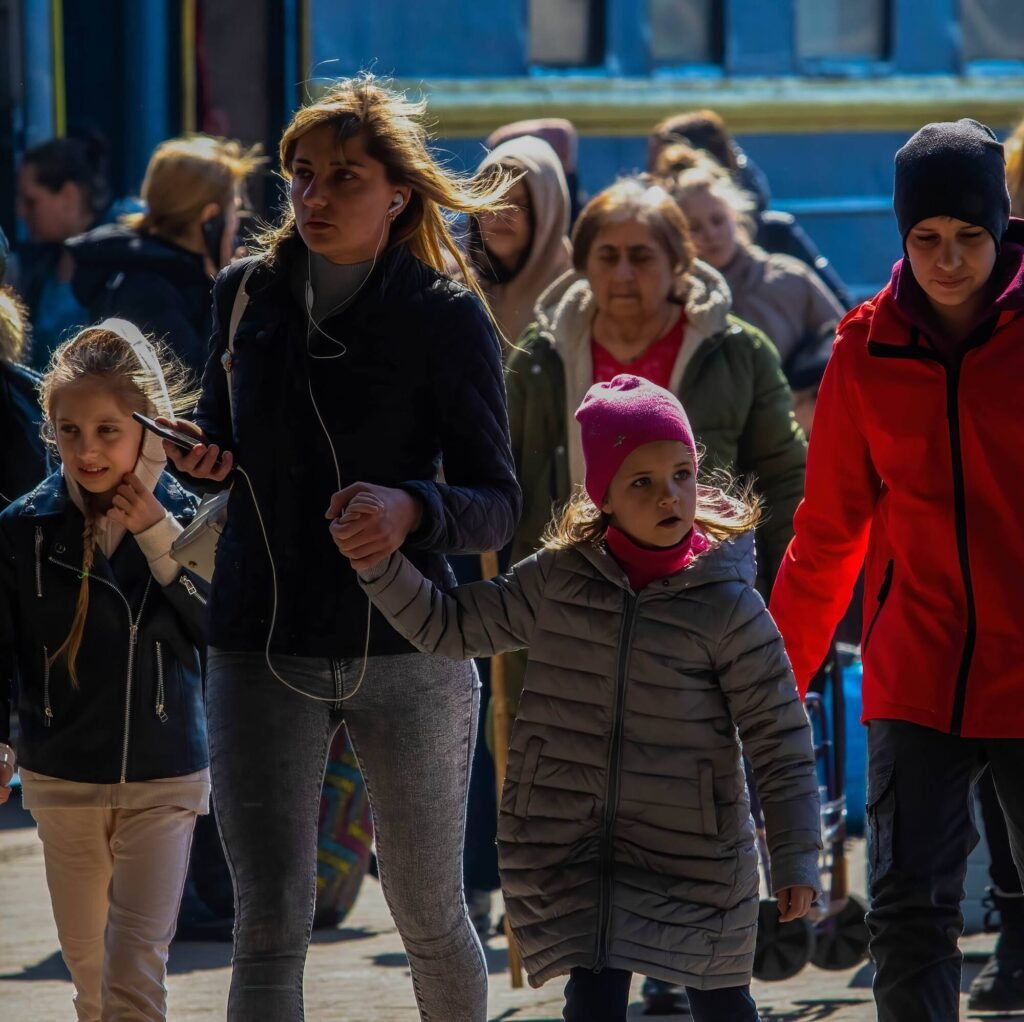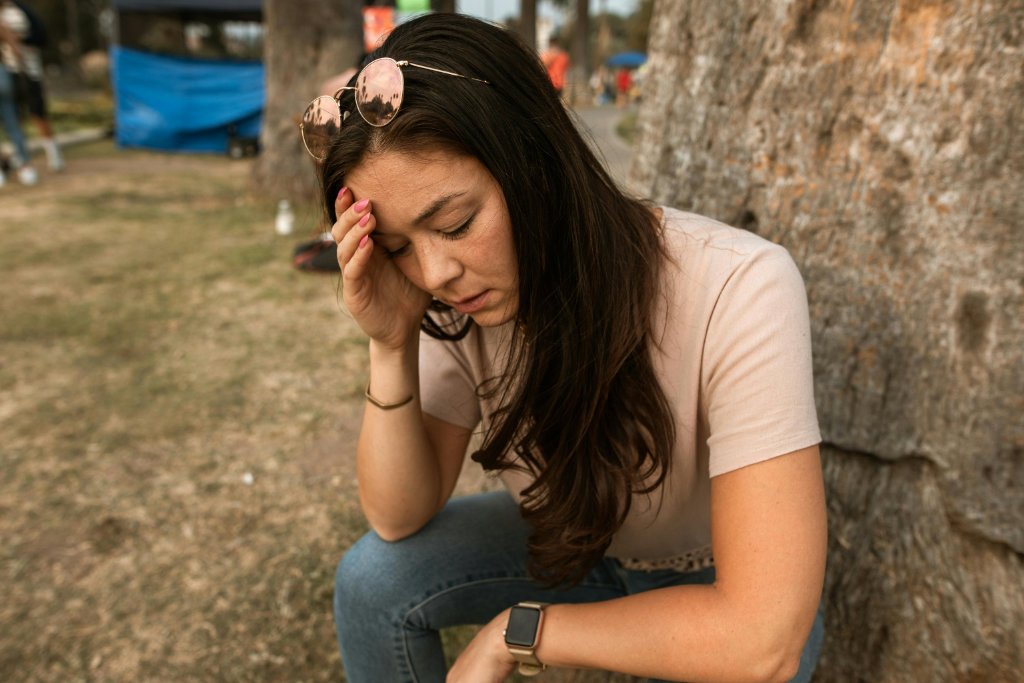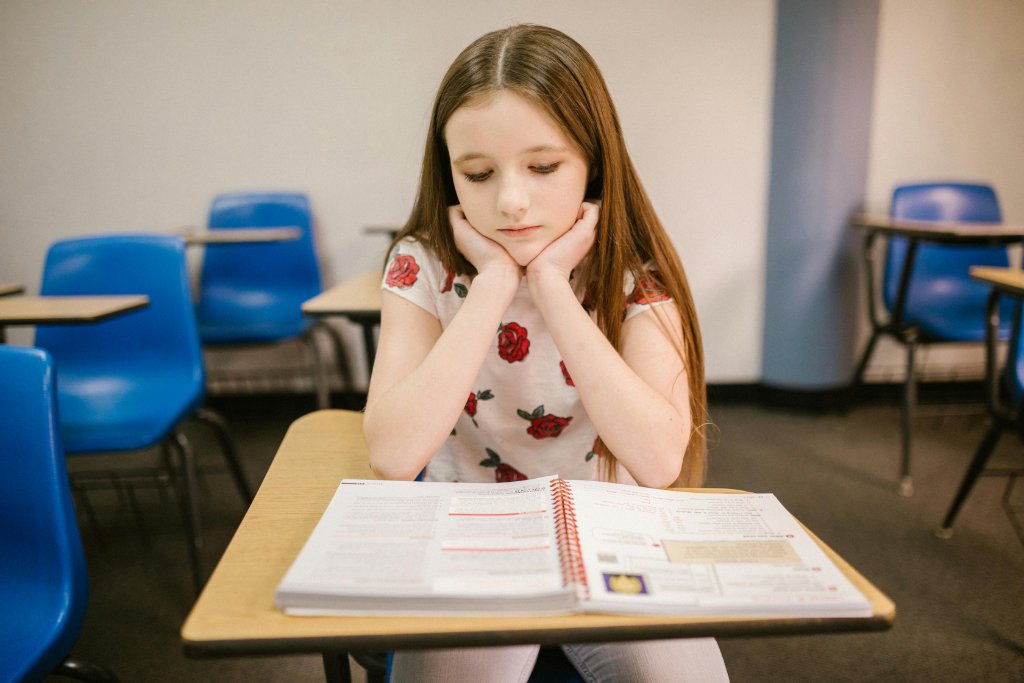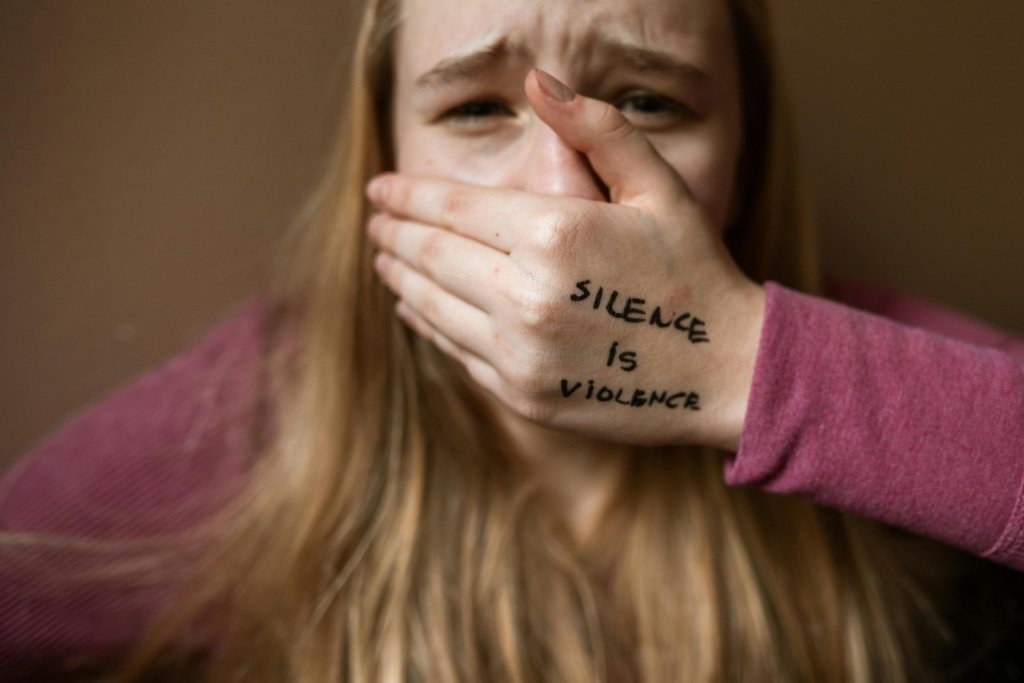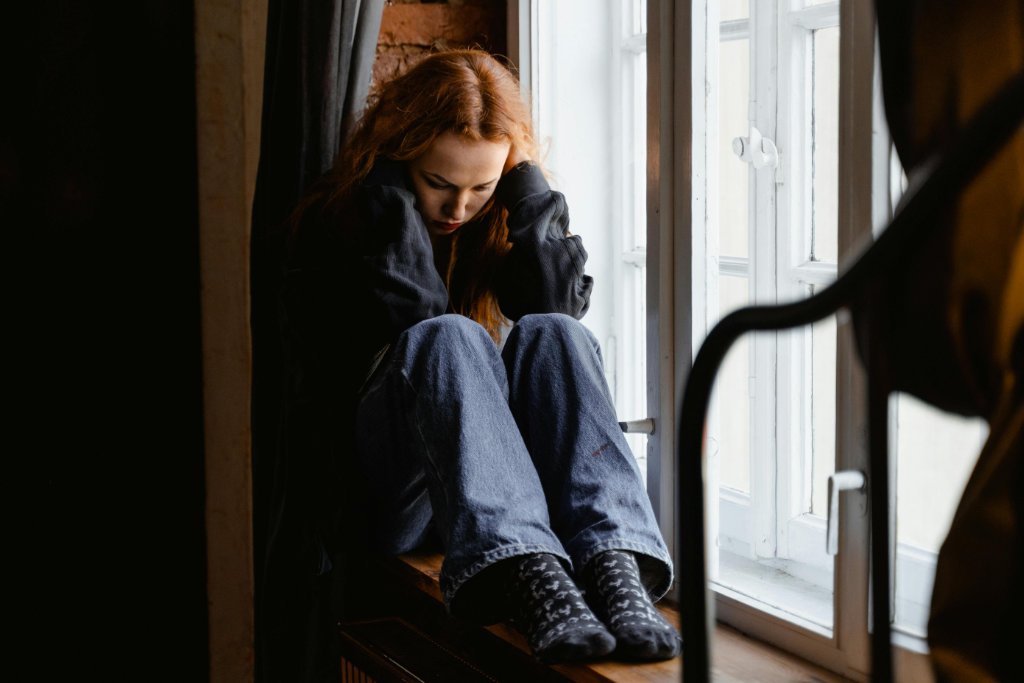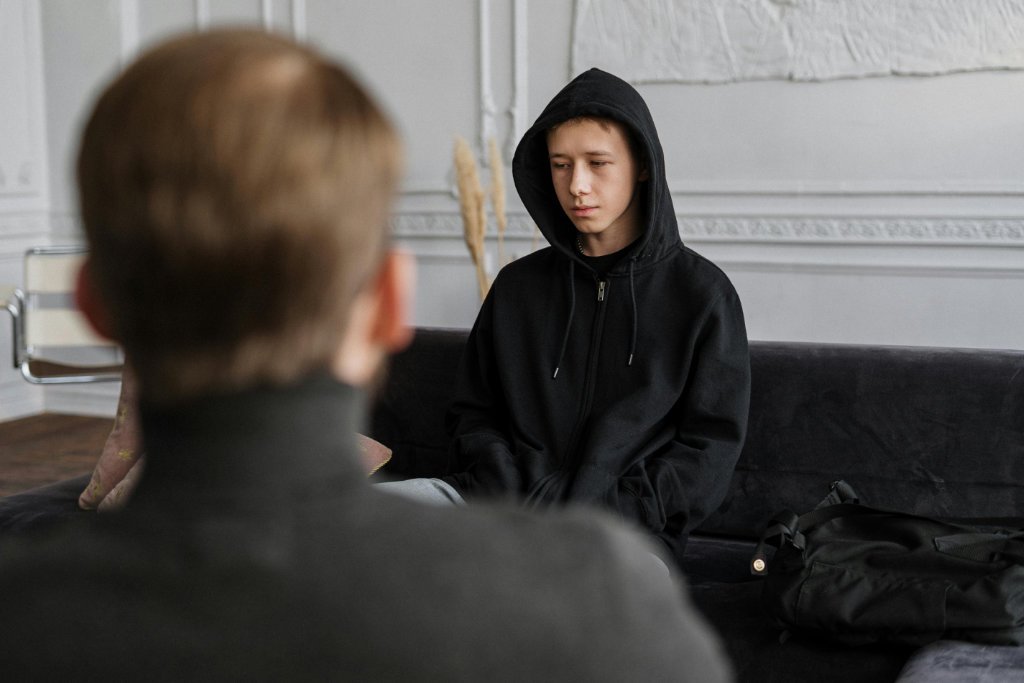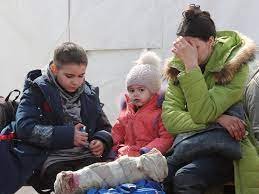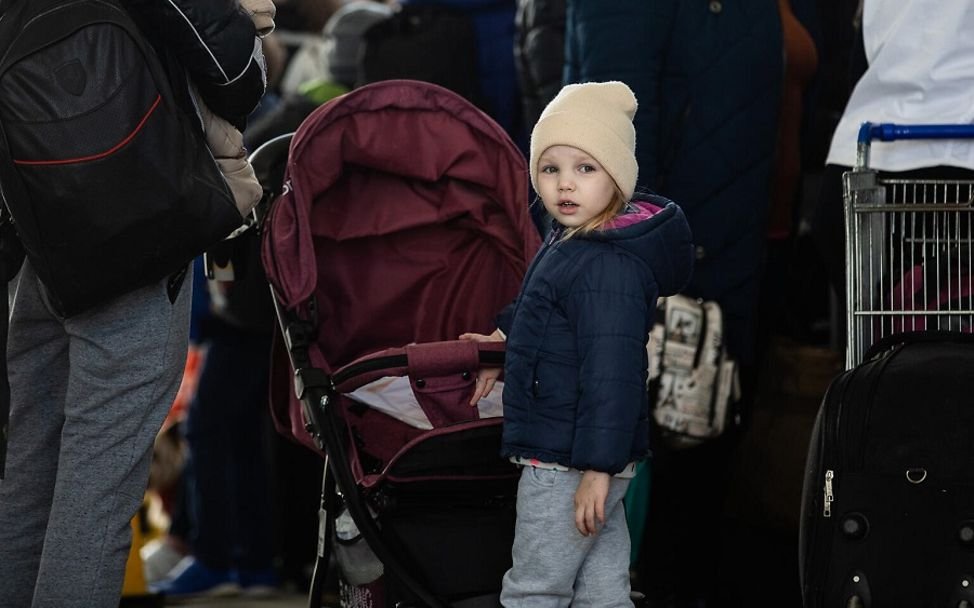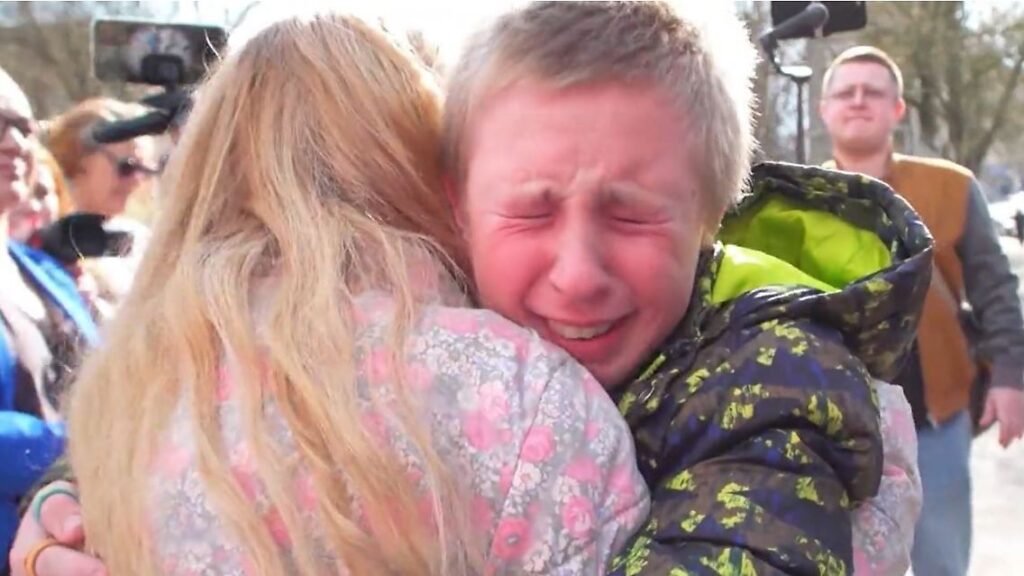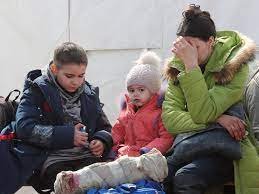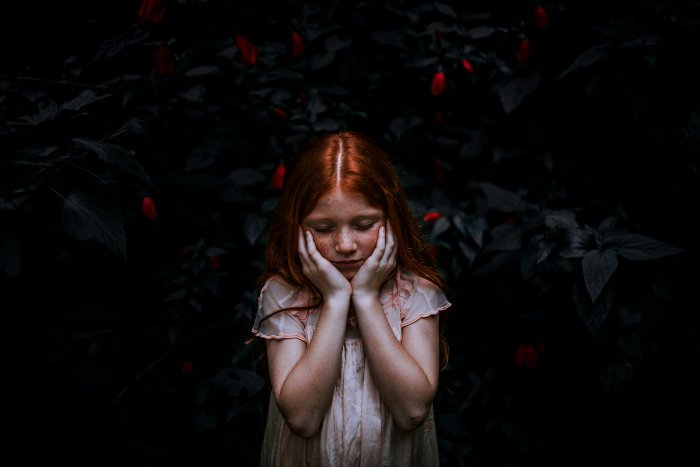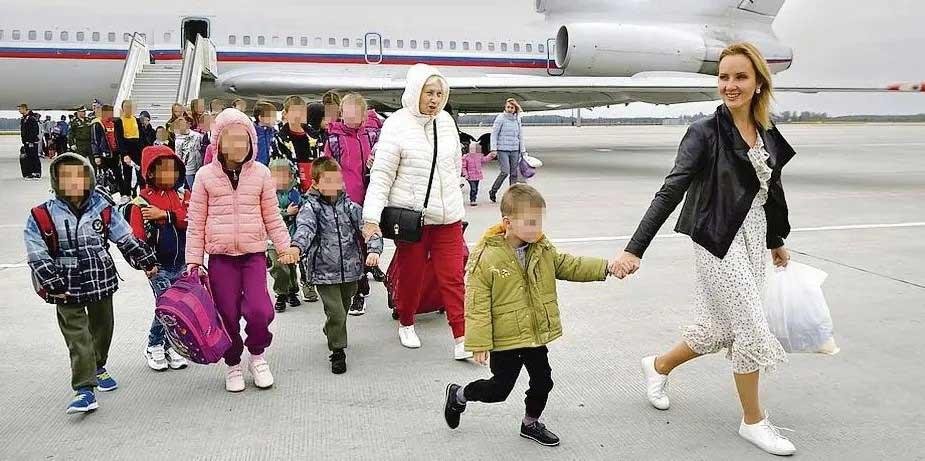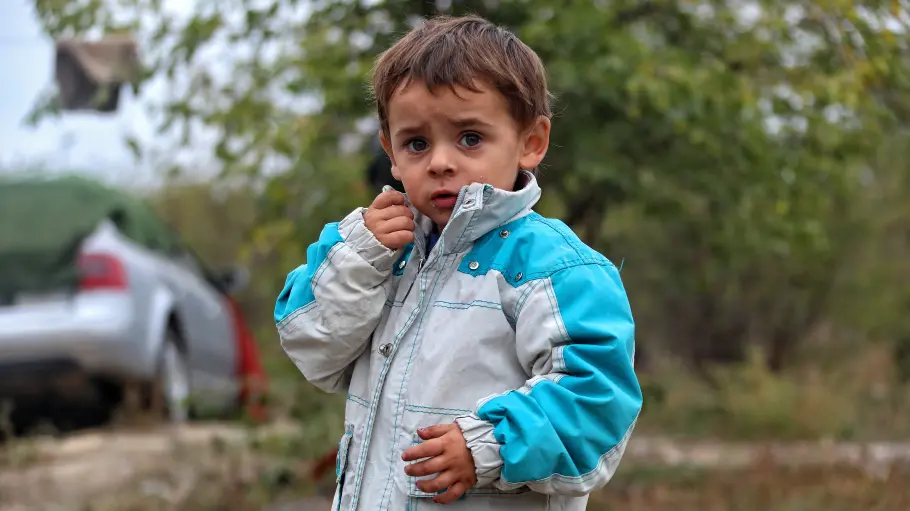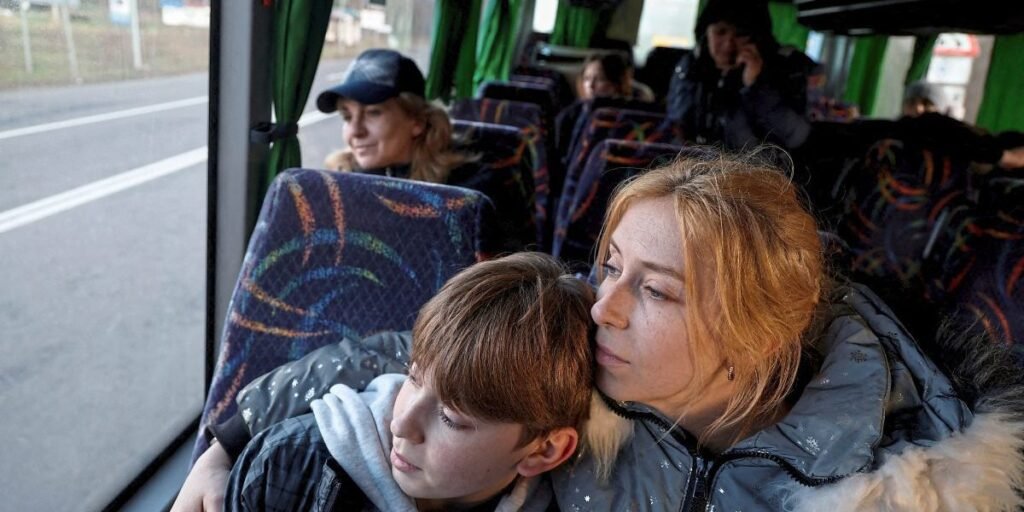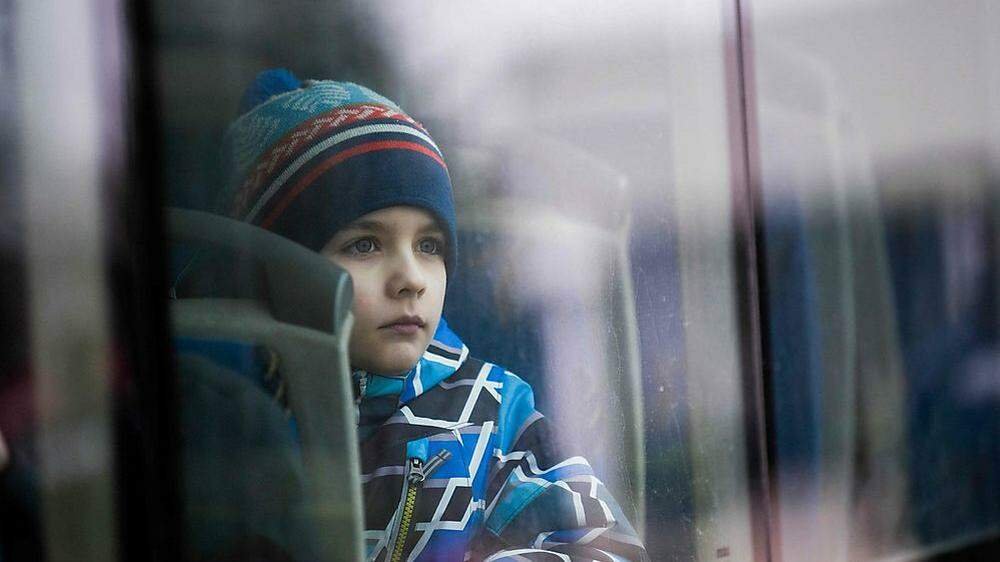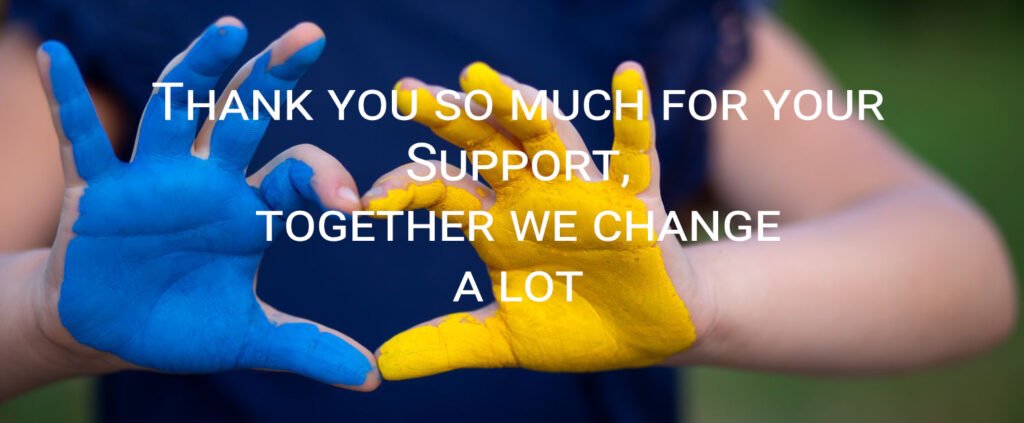The current situation in Ukraine
The current situation in Ukraine is characterized by far-reaching political and social turmoil. Since the beginning of the conflict in 2014 and the subsequent escalation in 2022, the country has been in a constant state of emergency.
The ongoing war has had a significant impact on people’s daily lives, especially on children and their families. The damage to civilian infrastructure, the destruction of homes and the constant threat of military action have permanently changed the lives of many families.News and reports from international organizations paint a grim picture: thousands of Ukrainian children have been deported or abused, often to areas controlled by Russian troops.
These incidents have led to serious human rights violations and draw attention to the urgent need for humanitarian aid. According to the United Nations, thousands of Ukrainian children have been forcibly relocated and separated from their families. These actions specifically target the civilian population and underline the enormous pressure to which children and their families are exposed. Figures and statistics illustrate the scale of the situation.
The latest report from the UN Human Rights Office documents more than 3,000 cases of severe child abuse since the beginning of the year. These figures include physical violence, sexual assault and psychological abuse. In addition, there are reports of children being used in armed conflict, in clear violation of international conventions.
Recent news sources and detailed reports from global organizations such as Amnesty International and Human Rights Watch highlight the humanitarian crisis in Ukraine. These reports call on the international community to take immediate action to protect the rights of Ukrainian children and provide humanitarian assistance. Urgent action is needed to alleviate the suffering and provide the necessary assistance to the affected children and their families.
Fates of the children affected
The stories of deported and abused Ukrainian children are harrowing and show the devastating impact on their young lives. One example is the story of Olena, an eight-year-old girl who was separated from her family and held in terrible conditions.
She recounts how she was terrified and sorely missed her mother. Such heartbreaking experiences show the inhumane practices to which these children are subjected. 12-year-old Danylo also shares his experiences. He was abducted from his school and taken to a camp where he was abused and deliberately dehumanized.
“I have the feeling that my childhood was stolen,”
he says. This statement underlines the psychological trauma that such experiences leave behind.
Psychologists who work with these children confirm that many of them suffer from severe post-traumatic stress disorder and require intensive therapeutic support. Family members are also severely affected.
Natascha, a mother whose six-year-old son Wladyslaw was affected by the deportation, describes her despair and the almost unstoppable struggle to get her son back.
“My nights are full of nightmares and my days are full of endless attempts to find help,”
she explains. These emotional accounts illustrate the bitter reality faced by Ukrainian families. The everyday life of these children, if they manage to return, is characterized by numerous challenges.
They often find it difficult to return to a regular life; many have to get used to new surroundings and struggle with the losses they have suffered. Social workers and psychologists like Dr. Irina Petrenko emphasize that a long-term support process is necessary to give these children a chance for a better future.
These personal stories and testimonies are not only heartbreaking, but also an urgent appeal to the international community to support these children. Every helping hand counts to alleviate the suffering and give them a new hope.

